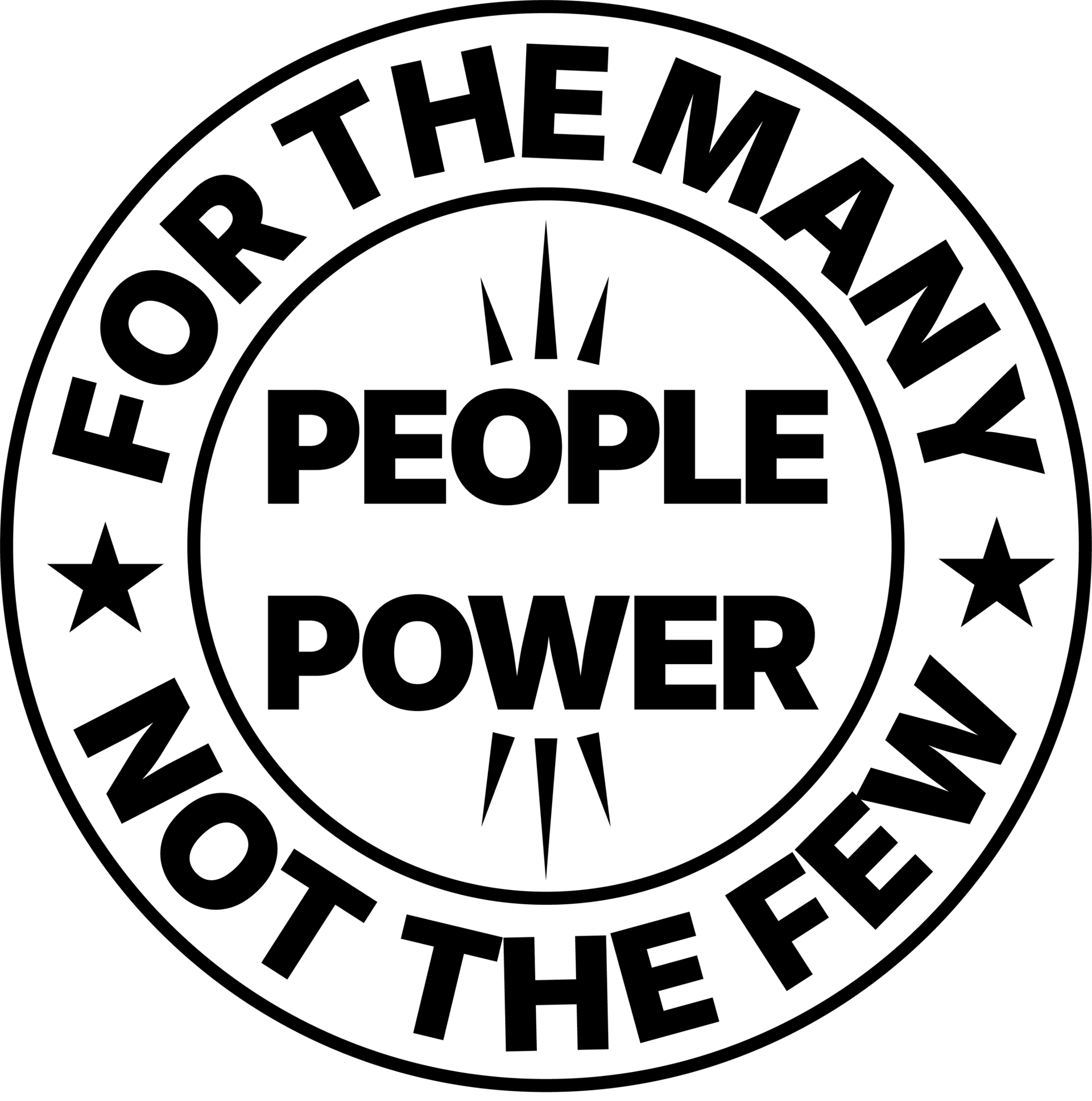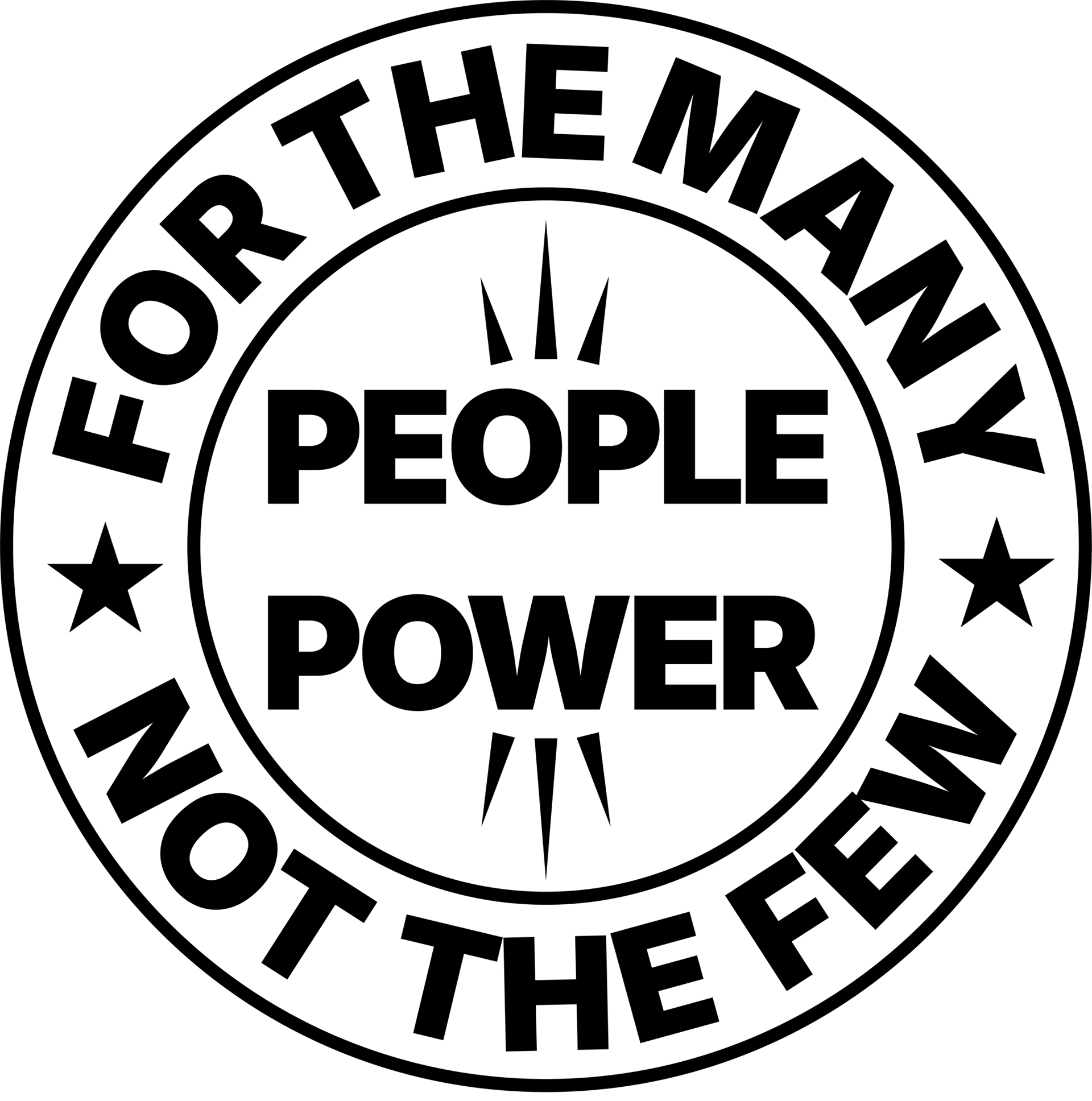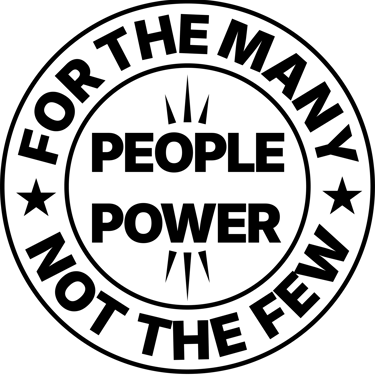
MEDIA
The ownership of our media is too concentrated and allows wealthy individuals far too much power to manipulate the political discourse, destroying trust in its reliability and truthfulness. One person should not be allowed to swing an election to benefit their own interests at the expense of the common good. A healthy democracy requires a plurality of voices across the political spectrum coupled with a commitment to neutrality and fairness.
We would legislate to limit ownership to 1% in any outlet and 1% across the industry as a whole, with only tax-resident UK citizens allowed to buy their shares.
This would be assessed and enforced by the regulator assessing circulation for print and digital publications, unique monthly readers for online news, and audience share for television broadcasters with offending individuals/companies required to divest their assets until they fall under the threshold.
Non-compliance would be met with heavy fines and/or forced sales.
Media is not a normal market because it shapes democracy so the usual standards should not apply. Allowing kingmakers and foreign influencers to decide who governs the UK is not democratic.
In conjunction, we would also ban conglomeration of media companies and ban individuals with shares in a newspaper from also having shares in other media avenues e.g. TV/film companies to prevent one person/organisation having media-wide influence.
Transitional funding would be provided to keep outlets open until they can establish new funding models e.g. non-profit trusts, worker cooperatives, paid subscribers, or public grants.
We would also break up the big tech monopolies by forcing divestment of their news-distribution dominance.
Google would be required to split its search function from its news aggregation, similar to the EU’s Digital Markets Act.
Meta would be banned from prioritising news in feeds without paying publishers, as Australia currently requires.
Social media platforms required to offer choice of open-source algorithmic filters e.g. ‘only news’, ‘news + opinion’, 'friends only', ‘chronological’ (i.e. no filtering)
They would also be required to use open-source ranking systems for news content so the public can audit it and see what they are prioritising.
This is needed because Google and Meta between them control roughly 80% of digital ad revenue which starves publishers of income, and it has been well-documented that Facebook and Twitter/X algorithms were changed after 2017 to deprioritise left-wing content and promote far-right content in its place. They are digital equivalents of the town square and political opinions must not be prioritised one way or the other. The only limits on political speech should be if it breaks the law.
We would also require all outlets to publish corrections with same prominence and placement as the original article in print/online, the same time slot and screen time for broadcasts, and amplified as aggressively as the original story for digital.
Non-compliance would be punished with a fine of 25% of global revenue for each infractionand downgrading in search and social media algorithms for digital outlets.
This corrects the problem of lies spreading 6 times faster than corrections (MIT 2018), forces accountability for clickbait and sensationalist journalism, and aligns with international standards on best practice.
Election neutrality laws would also be made permanent to ensure that the media cannot lie and deliberately misrepresent political positions, policies, statements etc.
Breaches would become a criminal offence for the journalist who wrote the story, the editor who approved it, and the board of directors for allowing a culture of deceit to grow.
Journalists and Editors: 1 year in prison and fine of 10% of annual income.
Boards: 10% of global revenue for repeat offenses and directorship disqualifications.
Whistleblowing and investigative reporting with a public interest defence would be exempted.
This would be enforced by an independent Media Standards Tribunal.
Burden of proof would be proving intent to distort, not just mere bias.
Cases would be fast-tracked during election periods.
Outlets offering both news and opinion would be required to strictly separate the two, either by forming two publications e.g. Telegraph News for fact-based reporting and no editorial slant, and Telegraph Opinion for clearly-labelled commentary, editorials and analysis with prominent disclosures on the author’s and outlet’s biases and associations, or clearly labelled sections on their website. Journalists in the News section would not be allowed to write for the Opinion outlet, or vice versa, to prevent bias seepage.
Opinion and op-ed pieces would have to cite verifiable sources for factual claims – no more “unnamed insiders” and anonymous briefings except in case of whistleblowing or significant public interest – and prominently disclose conflicts of interest/political leanings.
Opinions cannot be cited as news.
Distinctive and separate branding for each to avoid confusion.
This will force all outlets to compete on facts and quality journalism, not influence.
This does not violate free speech – it brings them fairly into line with the requirements of the BBC. Freedom of speech does not mean freedom from consequences and no reasonable person believes lying should be protected.
This will not affect third-party endorsements from trade unions, charities, professional associations, advocacy groups (but not think tanks) etc. as these operate on the principle of democratic collective action and are representing their members’ material interests.
Journalists should have a legal duty to investigate and publish. They should not be able to sit on stories that are politically damaging to parties with which they are ideologically aligned e.g. Anushka Asthana being aware of Labour Together's plot to destroy and remove Jeremy Corbyn as Labour Party leader in 2019, but sat on it until publishing a book in 2025. That is journalistic malpractice and should be a criminal offence.
Hold the Leveson 2 Inquiry
All press to be regulated by IMPRESS and IPSO would be scrapped.
IMPRESS should be given real teeth to deal with violations including the power to close down titles who repeatedly breach media standards. These decisions will be subject to judicial review.
‘Repeated dishonesty’ shall be defined in terms of:
Proven, intentional deception
Pattern of harm e.g. 5 major breaches in 2 years
Public interest: Lies that cause serious harm e.g. inciting violence, undermining democracy, endangering public health etc.
They should have the power to escalate from fines and corrections to publishing bans and closures (with judicial oversight) to demonstrate outlet was given fair warning to change.
Titles shall be allowed to reopen after 3 years if ownership and/or editorial changes are made, or if IMPRESS forces a sale to new owners committed to ethical standards.
Section 40 of the Crime and Courts Act 2013 should be enacted which will force publishers to pay legal costs in libel cases unless they join IMPRESS.
Make IMPRESS membership a condition of receiving press accreditation.
Abolish the licence fee and move the BBC to receiving a government grant administered by an independent body, prioritising the founding principles of Inform, Educate, Entertain. This would retain universal access without a need for advertising revenue which a subscription model would not do (just look at how many ‘ad-free’ tiers still include ads) and eliminate prosecutions for non-payment.
There must also be a forensic investigation into the political and moral cowardice shown by the BBC senior management team over issues like the Gaza genocide and their craven capitulation to the pro-Israel lobby. The BBC should not be cowed into silence by cry-bullies and must have a legal mandate to broadcast uncomfortable/controversial topics.
Any subscription service that offers ‘ad-free’ tiers must keep them ad-free and will be prevented from ‘function-creeping’ them into their service.

DETAILS
ABOLISHING THE BBC LICENCE FEE
PROPOSAL: INDEPENDENT BBC FUNDING COMMISSION (IBFC)
Purpose:
To provide stable, transparent, and politically insulated funding for the BBC, replacing the licence fee with a fairer, modernized system.
1. GOVERNANCE STRUCTURE
A. The Commission Board
9-member panel serving 10-year non-renewable terms (staggered appointments).
Appointed by:
3 members nominated by Parliament’s Digital, Culture, Media & Sport (DCMS) Committee (cross-party approval required).
3 members selected by an independent Public Appointments Commissioner (similar to judicial appointments).
3 members chosen by civil society groups (e.g., Royal Television Society, NUJ, Which?).
Exclusions: No former politicians, government advisors, or BBC executives for 5 years post-service.
B. Oversight & Accountability
Annual public hearings with Parliament (but no veto power over budgets) to examine BBC achievement of performance metrics (reach, programming quality, impartiality etc.).
Judicial review allowed for unlawful interference.
National Audit Office (NAO) reviews spending efficiency.
2. FUNDING MECHANISM
A. Funding Source
"Public Media Levy" (Legal minimum funding of 0.3% equivalent of income tax revenues).
Alternative: Small surcharge on broadband bills (~£3-5/month).
Guaranteed multi-year settlements (5-year budgets, inflation-adjusted).
B. Budget Formula
Baseline funding tied to UK media market growth (e.g., 1.5% of total UK media/ad spend).
Contingency fund (2% of annual budget) for emergencies.
3. SAFEGUARDS AGAINST INTERFERENCE
A. Legal Firewalls
A BBC Funding Act to prohibit ministers from altering budgets outside scheduled reviews.
Super-majority (⅔ of Parliament) required to abolish the IBFC.
B. Transparency Rules
All meetings and decision logs published online.
Citizens’ panel (2,000 randomly selected voters) consulted on major changes.
C. Crisis Protocol
If government withholds funds, the BBC can borrow against future allocations (backed by law).
4. TRANSITION PLAN
Phase 1 (2029-30): Establish IBFC via cross-party commission.
Phase 2 (2031): Replace licence fee with new levy.
Phase 3 (2032): First 5-year budget cycle begins.
5. COMPARISON TO ALTERNATIVES
Current Licence Fee
Pros: Predictable, universal.
Cons: Regressive, enforcement issues
Government Grants
Pros: Simple
Cons: Risk of political interference
Subscription Model
Pros: No coercion - funded by those who want to support
Cons: Open to kowtowing to commercial financial interests to remain operational
IBFC
Pros: Arm’s-length funding, stable
Cons: Complex setup

MEDIA STANDARDS TRIBUNAL
Appointees will not be chosen by the government, they will be chosen by a panel of judges (50%), cross-party. Parliamentary committee (30%), and civil society groups such the National Union of Journalists, Index on Censorship, IMPRESS etc. (20%), and serve staggered fixed-terms of 10 years to prevent sudden ideological shifts.
They should only be removed for gross misconduct via a judicial or impeachment process.
There will be a high legal bar for penalties with only a reckless disregard for the truth resulting in prison time e.g. an editor knowingly running a false smear, and fines will be proportional to revenue.
Outlets will have the right to challenge and appeal with fast-tracked media courts run by judges specialising in free speech issues, and will have a public interest defence. Genuinely unintentional breaches with prompt corrections would not be punished.
To ensure transparency, all complaints and rulings will be published in full, and ministerial meetings with media contacts must be logged.
To prevent frivolous complaints, penalties will be imposed on bad-faith complainants.
The Tribunal would be funded by a fixed percentage of media industry revenue so the government cannot threaten it financially.
An independent ‘Watchdog Council’ composed of academics, retired judges, and media experts will audit the Tribunal’s fairness.
The Tribunal would operate on a decentralised model with regional bodies to prevent monolithic control, with cases randomly assigned to reduce favouritism.
Former regulators will not be allowed to take up employment with media outlets or hold political offices for 5 years after their term has ended.
Lobbying of regulators would be banned to prevent influencing them.
SUBSCRIBE
Subscribe to our mailing list to hear about news and policy announcements


